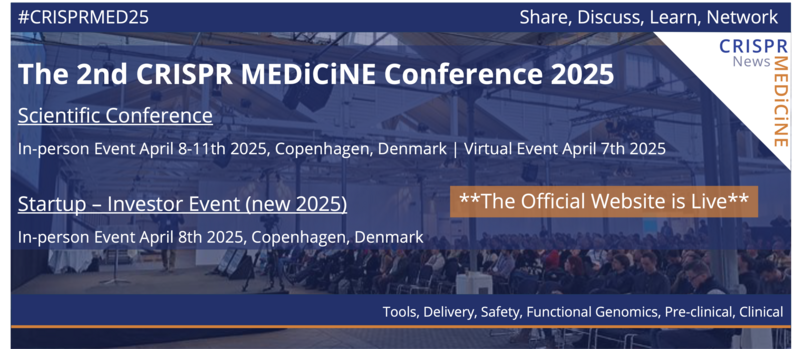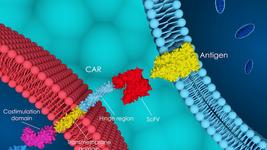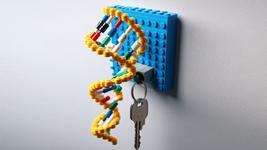Clinical Update: First Child Dosed in CRISPR Trial for Hereditary Blindness
Leber congenital amaurosis (LCA) is a group of rare and incurable inherited retinal diseases that manifest at birth or in the first few months of life and progress over time, leading to blindness by the third or fourth decade of life. The diseases follow an autosomal recessive inheritance pattern, and arise from loss-of-function mutations in any one of at least 27 known genes that play a role in retinal function. Mutations in many of these genes result in dysfunctional rods and cones, which are the light-gathering cells of the retina, and mutations in the RPE65 and CEP290 genes are among the most prevalent.
Disease severity depends on the exact mutations present. RPE65 is a critical isomerase in the classical visual cycle in vertebrates that regenerates the active visual chromophore 11-cis-retinal. The function of CEP290 is not entirely understood but it appears to play a role in the centrosomes and cilia, which are important for cell division and perception of sensory input, respectively.
EDIT-101 is designed to correct disease mutation and has demonstrated safety in adult LCA patients
EDIT-101 is a CRISR-Cas9-based gene-editing candidate designed to remove a certain LCA10-associated mutation (known as IVS26) in the CEP290 gene, which accounts for almost one third of all LCA cases. EDIT-101 comprises an adeno-associated virus serotype 5 (AAV5) vector containing a Cas9-encoding gene and two guide RNAs designed to remove IVS26.
The experimental therapy is adminstered to patients via a subretinal injection to reach and deliver the gene-editing machinery directly to photoreceptor cells. While CEP290 mutations disable light-detecting cells in the retina, the retinal cells themselves are still present and viable in LCA10, raising hopes that EDIT-101 can improve vision in this patient group.
In September 2021, Editas Medicine shared positive initial clinical data from adults dosed wth EDIT-101 in the Phase 1/2 BRILLIANCE trial for LCA10. At that time, Editas revealed that adult patients treated with EDIT-101 had not experienced serious adverse events or dose-limiting toxicities, and modest signs of visual improvements were reported by patients in the mid-dose cohort.
First paediatric patient in mid-dose cohort has received EDIT-101 dose
In a press release published earlier this week, Editas Medicine revealed that it has now initiated dosing in the paediatric mid-dose cohort in the BRILLIANCE trial following endorsement of an Independent Data Monitoring Committee (IDMC). This endorsement is based on an analysis of clinical safety data from adults in the low- and mid-dose cohorts who have already received EDIT-101. According to the same press release, the company remains on track to complete testing of the paediatric mid-dose in the first half of 2022 and it also expects to initiate testing of the paediatric high-dose this year.
Further clinical updates including safety and efficacy assessments for all adults dosed in the BRILLIANCE trial, who have had at least six months of follow-up evaluations, are expected in the second half of 2022.
Although EDIT-101 is still an experimental therapy, signs of efficacy and safety provide new hopes for LCA sufferers, for whom current treatment options are poor and often only available to a subset of patients with the ‘right’ mutations (you can read more about LCA in our earlier disease roundup).
We strive to keep you updated with clinical and pre-clinical news from the CRISPR Medicine field. For a complete overview of current gene editing clinical trials, check out CRISPR Medicine News' Clinical Trials Database.
To get more of the CRISPR Medicine News delivered to your inbox, sign up to the free weekly CMN Newsletter here.
Tags
ArticleClinical News UpdatesLeber Congenital AmaurosisRare DiseaseEditas Medicine, Inc.Trials
CLINICAL TRIALS
Sponsors:
Wave Life Sciences Ltd.







